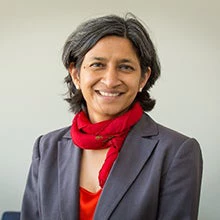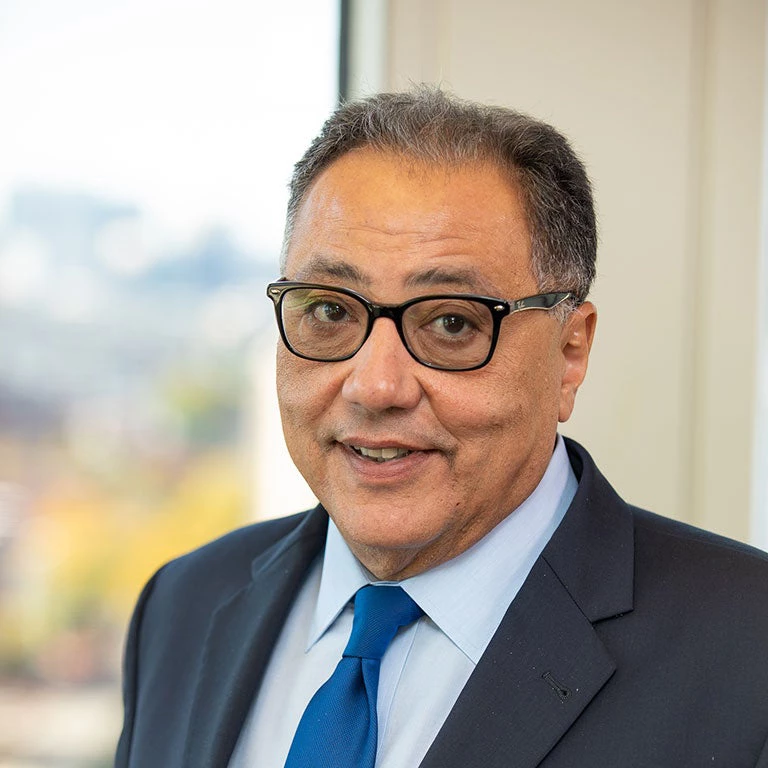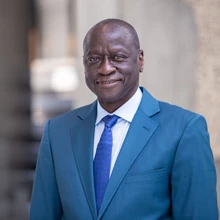 Young girls at the safe space. Am Timan, Chad. Photo: Vincent Tremeau / World Bank
Young girls at the safe space. Am Timan, Chad. Photo: Vincent Tremeau / World Bank
Before COVID-19 struck in Mali, 9-year old Ami was in second grade in school in Bamako. With the pandemic, schools closed, and Ami and her 7-year-old sister, Awa, stayed home doing household chores. Schools have since reopened, but teachers are on strike. There is a real risk that neither girls will go back to school, but may, instead remain at home till they get married, just like their older sister did. For many countries including Mali, completing school for girls is not a priority.
The story of Ami and Awa is all too familiar. We know lockdowns - and the switch to distance learning where possible – are leading to an increase in drop-out rates and has been linked to unintended teenage pregnancies. A staggering 2.6 million African girls are at risk of not returning to school, which will have a negative impact on the continent’s human capital.
Evidence shows that investing in women’s and girls’ education, health and economic opportunities is essential to accelerate Sub-Saharan Africa’s demographic transition, a central tenet of moving the human capital agenda forward and spurring sustainable economic growth.
Over the past few years, countries across the continent have made considerable progress addressing a range of outcomes critical for women’s and girls’ empowerment, including enhancing labor opportunities and championing legal reforms on the minimum age of marriage. For example, Mauritius has developed a national strategy to eliminate gender-based violence (GBV); Niger is actively mobilizing communities to combat child marriages; and the Sierra Leone government recently overturned its national policy of preventing pregnant girls from attending school and sitting for exams.
Although there is still room for improvement, the region is also making progress on legal reforms to improve women’s economic opportunities. According to the Women Business and the Law 2021 report, countries in Sub-Saharan Africa are doing well in reforms related to the workplace: 43 out of 48 economies (90%) in the region prohibit discrimination in employment based on gender.
Sadly, COVID-19 (coronavirus) threatens to wipe out these socio-economic gains. Sub-Saharan African countries are facing decreased capacity to provide reproductive, maternal, and child health services, increasing the risk of higher maternal and under the age of 5 mortality. Moreover, data shows that women are being adversely impacted by financial distress. Disruptions to essential services and labor markets are likely to result in increased early child-marriages, teenage pregnancies, and GBV.
AN OPPORTUNITY TO LAY BETTER FOUNDATIONS
Recognizing the disproportionate impacts on gender and development, the World Bank Group is working with countries globally to respond to the health emergency and is investing in stronger and more resilient systems to speed up recovery efforts and lay a foundation for a better and more inclusive future. We have committed over $2.2 billion in new women's empowerment projects across sectors, and a first-generation of human capital policy reform lending operations are supporting the creation of stronger legal frameworks to protect women and children. Moreover, we are making available up to $50 billion in financing, tailored to the health, economic, and social shocks African countries are facing due to COVID-19.
Together with governments, regional institutions, and development partners, we have expanded multi-sectoral programs with immediate and long-term solutions that invest in women and girls. For example:
- The Sahel Women’s and Demographic Dividend Project (SWEDD), first launched in the Sahel region, helps create a favorable environment for women’s and girls’ empowerment through programs to keep girls in school, and expand economic opportunities and access to quality health services. SWEDD has so far reached more than 2 million girls and has scaled-up and expanded to more countries with further financing to strengthen legal frameworks, promote women’s rights and reaching 80% of vulnerable adolescent girls.
- The Ethiopia General Education Quality Improvement Program for Equity aims to increase girls’ empowerment, improve gender parity among adolescents in grades five to eight, reduce violence against girls in schools and provide them with life skills. To date, the enrolment of girls in upper primary education has improved in several regions, as well as the retention of girls in lower secondary education where the girls-to-boys ration has increased by 5.3 percentage points, reaching 68%. Additional financing was granted in 2020, in part to build resiliency to shocks like COVID-19 in the education system as well as to re-integrate displaced children back into the school system.
Empowering women and girls, like Ami and Awa, is fundamental to realizing human capital gains. As we work together to protect and recover human capital, action to target innovative investments in women’s and girls’ well-being, education, employment and agency must be an integral part of our response. With COVID-19, we have an opportunity to recalibrate and focus on building resilient, equitable and quality service delivery systems for a more inclusive future.
If you educate a woman, you educate a nation.
African proverb




Join the Conversation